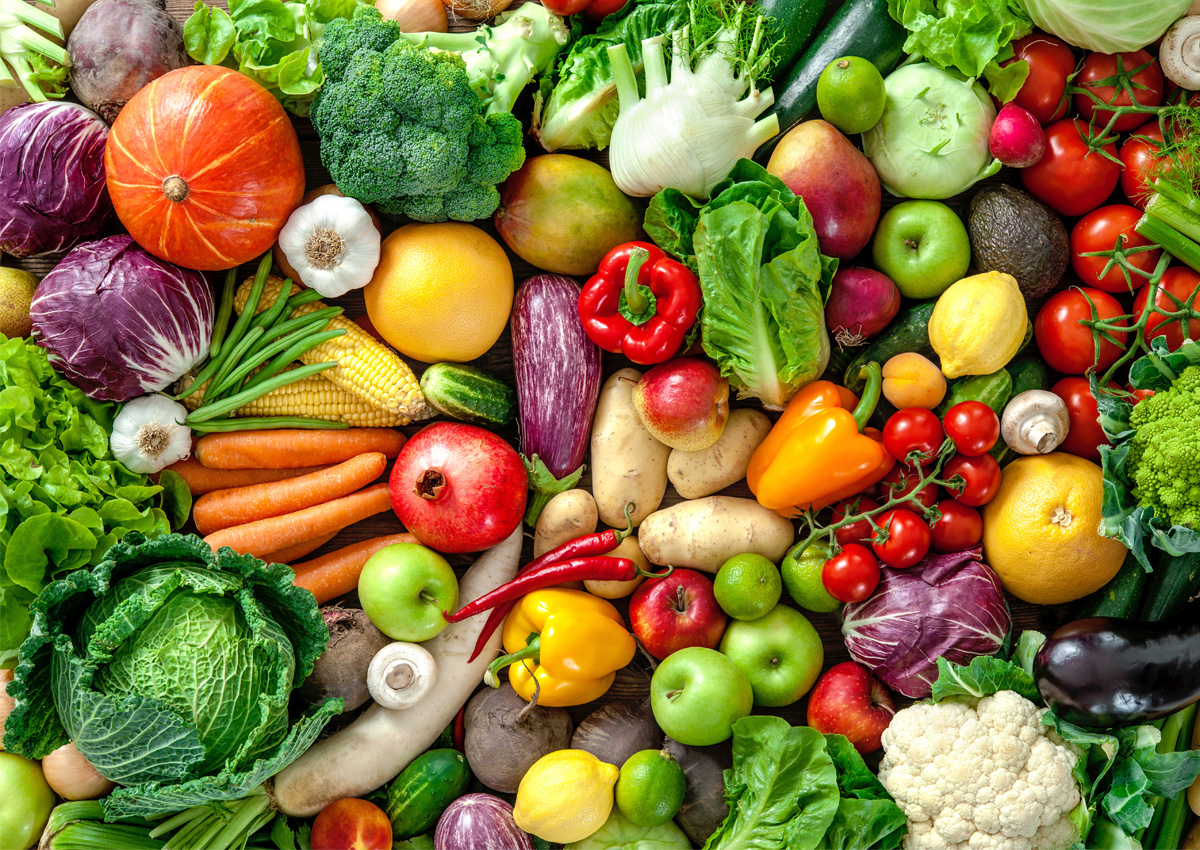
EFSA Report Says 98% of Pesticide Residues in Food in the EU within Legal Limits
April 21, 2021| |
The European Food Safety Authority (EFSA) has published the latest report on pesticide residues in food in the European Union, providing insights into the levels of residue found in a selection of products consumed in the region.
Of the total 96,302 samples analyzed in 2019, 96.1% fell within legally permitted levels. For the subset of 12,579 samples analyzed as part of the EU-coordinated control program (EUCP), 98% were within legal limits.
The EUCP analyzed samples randomly collected from 12 food products, including apples, head cabbages, lettuce, peaches, spinach, strawberries, tomatoes, oat grain, barley grain, wine (red and white), cow's milk, and swine fat. Of those samples analyzed, these are their findings:
- 6,674 or 53% were found to be free of quantifiable levels of residues;
- 5,664 or 45% contained one or more residues in concentrations below or equal to permitted levels; and
- 241 or 2% contained residues exceeding the legal maximum of which 1% led to legal actions.
The coordinated program covers similar products on a three-year rotation, showing upward or downward trends for specific goods. Compared to 2016, the exceedance rate fell for peaches (from 1.9% to 1.5%), lettuce (2.4% to 1.8%), apples (2.7% to 2.1%) and tomatoes (2.6% to 1.7%). Exceedances rose for strawberries (1.8% to 3.3%), head cabbages (1.1% to 1.9%), wine grapes (0.4% to 0.9%) and swine fat (0.1% to 0.3%). As in 2016, no exceedances were found in cow's milk.
The results are available on EFSA's website as browsable charts and graphs, making the data more accessible to non-specialists. For more details, read the article in EFSA Newsroom.
| |
You might also like:
- Phytohormone Helps Plants Eliminate Pesticide Residues
- Brassinosteroids Help Plants Rid Themselves of Pesticide Residues
- EFSA Calls for Cuts in Active Substances Used in Pesticides
Biotech Updates is a weekly newsletter of ISAAA, a not-for-profit organization. It is distributed for free to over 22,000 subscribers worldwide to inform them about the key developments in biosciences, especially in biotechnology. Your support will help us in our mission to feed the world with knowledge. You can help by donating as little as $10.
-
See more articles:
-
News from Around the World
- Researchers Identify Factors Affecting Critical Thinking toward GM Foods
- Brazil Approves Oxitec's Friendly™ Technology Against Fall Armyworm
- Multi-Institutional Effort Produces Comprehensive Guide for Communicating Plant Science
- Indian Farmers Lose Opportunity to Benefit from Bt Brinjal as GEAC Halts Field Trials
- JIC Study Reveals Genes that Control Growth Habit in Plants
- EFSA Report Says 98% of Pesticide Residues in Food in the EU within Legal Limits
-
Research Highlights
- Studies Show How Microbiome Affects Breeding of Apples and Oil Pumpkins
- Researchers Present Improved Direct PCR-based Technology for GE Plants Screening
- Success of Bt Brinjal in Bangladesh Opens Possibility for Two New Eggplant Varieties
-
Plant
- Scientists Develop Gene-Edited Mosquito to Help Eliminate Malaria
- Global Gene Editing Tools Market to Continue Excellent Growth
-
Health
- Experts Release Guidance on How to Communicate about COVID-19 Vaccine Efficacy
-
Read the latest: - Biotech Updates (February 18, 2026)
- Gene Editing Supplement (January 28, 2026)
- Gene Drive Supplement (February 22, 2023)
-
Subscribe to BU: - Share
- Tweet

